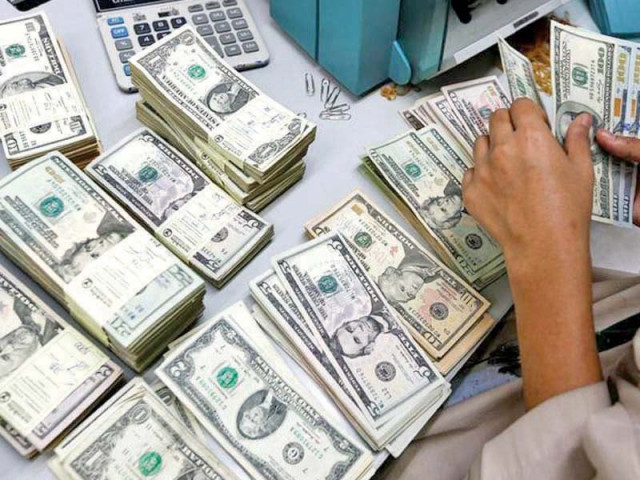Pakistan sinks four notches on TI’s corruption index
Country’s ranking in corruption perception index is the worst in six years

Pakistan’s ranking on the global corruption perception index has slid to a six-year low as the country is placed at 124th in the list of 180 nations due to prevalence of corruption at all tiers of the state, suggesting that the government could not end the menace despite its topmost priority.
Pakistan’s score of 31 that became the base for 124 ranking was even lower than the average score of sub-Saharan Africa, which is perceived to be the most corrupt region in the world, according to the Corruption Perceptions Index (CPI) report 2020, released in Berlin on Thursday.
The CPI is an index published annually by the Transparency International (TI) which ranks countries “by their perceived levels of public sector corruption, as determined by expert assessments and opinion surveys”.
In the 2020 report, Pakistan is ranked 124th, sliding from the previous year’s ranking of 120th. It was the worst standing in the past six years, as earlier in 2014 Pakistan was ranked 126th. In the latest report, Pakistan’s score also decreased from 32 to 31, which is the lowest in five years.
The TI said that “CPI 2020 is calculated using 13 different data sources from 12 different institutions that capture perceptions of corruption within the past two years”. This means that the data used to work out Pakistan’s corruption level belongs to the PTI-era.
The report punctures the PTI’s claim that the PPP and the PML-N were the most corrupt governments. It was the second consecutive year when Pakistan’s ranking on the global index slipped. At the end of the PML-N tenure, Pakistan’s global ranking was 117.
If one goes by the ruling political parties, the corruption perception during the tenure of the Pakistan Tehreek-e-Insaf government was worse than the levels seen during the last four years of the PML-N tenure. However, PTI’s second-year ranking was three notches better than the ranking at the end of the Pakistan Peoples Party government.
Pakistan has scored lower than the last year in two sources: rule of law index and varieties of democracy (VDem) due to which Pakistan score in the CPI 2020 reduced by one point, said Sohail Muzaffar, the TI Pakistan chairman.
Muzaffar said that the questions asked by WJP rule of law index and VDem were about the corruption of government officials. Muzaffar added that the government has to improve its performance in four sectors.
The executive, judiciary and parliament were the three independent pillars of the state and prevalence of corruption at these three levels suggest that it would be unwise to blame only the PTI government for rampant corruption. However, the government has to share the blame for its failure to end corruption in executive’s domains.
The report’s findings also challenge the government’s mantra that it was the cleanest government. Imran Khan had also promised to end corruption in 90 days.
The CPI also reported that corruption undermined an equitable global response to Covid-19 and other crises, highlighting the importance of transparency and anti-corruption measures in emergency situations.
“The Covid-19 is not just a health and economic crisis, it’s a corruption crisis and one that we’re currently failing to manage,” said Delia Ferreira Rubio, the TI chair.
The report showed that since 2012, 26 countries improved their scores, including Greece, Myanmar and Ecuador. In the same period, 22 countries decreased their scores, including Lebanon, Malawi and Bosnia & Herzegovina.
The global report underlined that this year’s CPI painted a grim picture of the state of corruption worldwide. While most countries made little to no progress in tackling corruption in nearly a decade, more than two-thirds of countries score below 50.
The Covid-19 response exposed vulnerabilities of weak oversight and inadequate transparency. To ensure resources reach those most in need and are not subject to theft by the corrupt, the anti-corruption authorities and oversight institutions must have sufficient funds, resources, and independence to perform their duties, it said.
The report said that many governments have drastically relaxed procurement processes. These rushed and opaque procedures provide ample opportunity for corruption and the diversion of public resources. Contracting processes must remain open and transparent to combat wrongdoing, identify conflicts of interest and ensure fair pricing, according to the report.
It added that corruption shifted public spending away from essential public services. Countries with higher levels of corruption, regardless of economic development, tend to spend less on health, according to the report.


















COMMENTS
Comments are moderated and generally will be posted if they are on-topic and not abusive.
For more information, please see our Comments FAQ